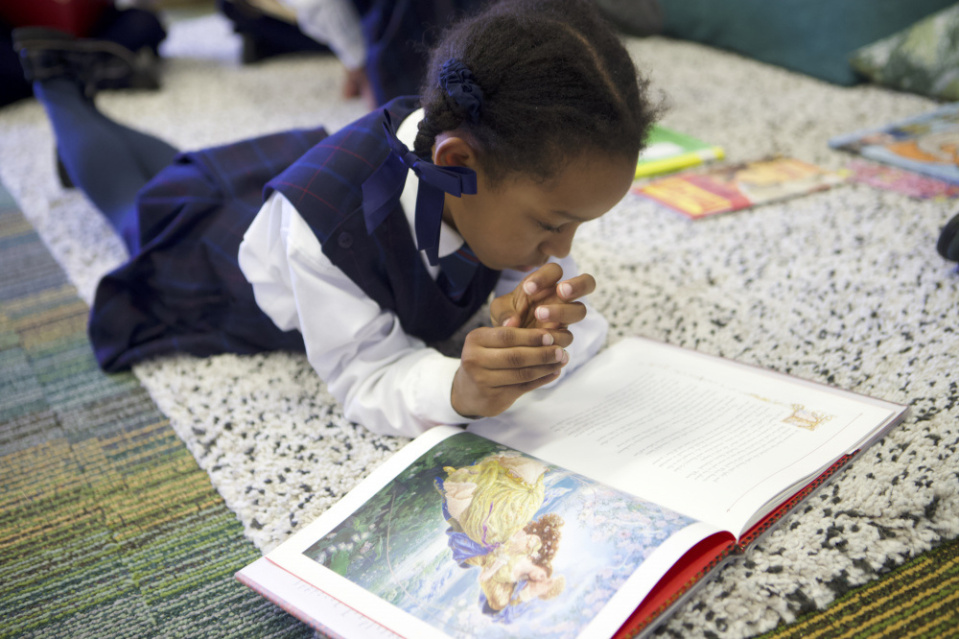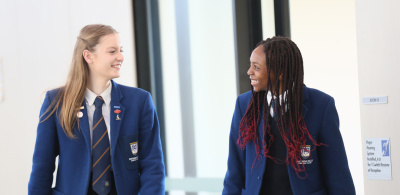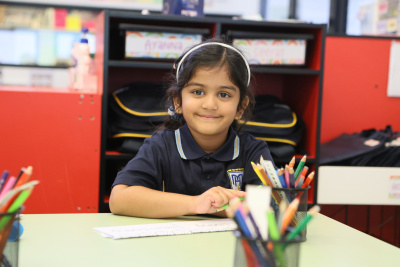Quicklinks
School Readiness
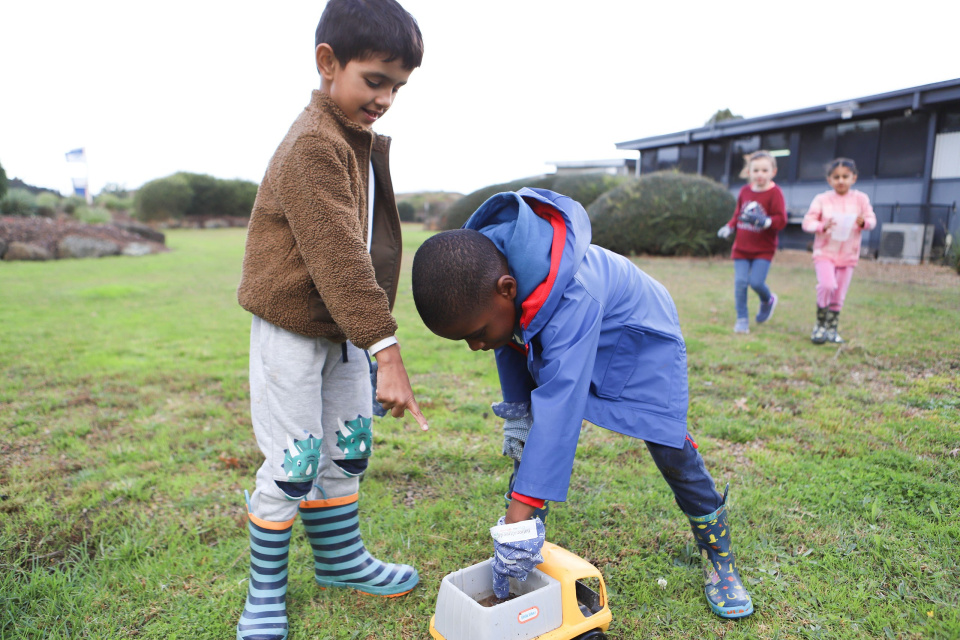

What is School Readiness?
Readiness for school is an important factor to consider before starting school. International research emphasises that certain areas of development and maturity are essential for children so that once at school, they are able to maximise the opportunities provided.
Social and emotional areas are the key areas of development that are most important for a child in regard to school readiness. This is in contrast to what many people believe - reading, writing and knowing colours or numbers are NOT readiness indicators. Some schools may suggest this is necessary, however, this is only a reflection of a particular school's position and not reflective of a child’s readiness for school.
Is My Child Ready?
The key areas of social and emotional maturity related to school readiness can be summarised by reviewing these questions. At preschool does your child:
Separate easily from parents at drop off.
Follow multi-step instructions (eg. get your hat and lunchbox, and line up at the door).
Sustain attention and engagement for a reasonable amount of time.
Work and play well with other children.
Have basic independence skills (eg. toileting independently, putting on their jacket).
Sit with the group and remain focused, ask questions and answer questions from the teacher.
Self regulate their emotional response when they need to do something they don’t want to (eg. don’t tantrum when it is time to pack up).
Have the life-skills to solve basic problems and ask for help from the teacher if needed.
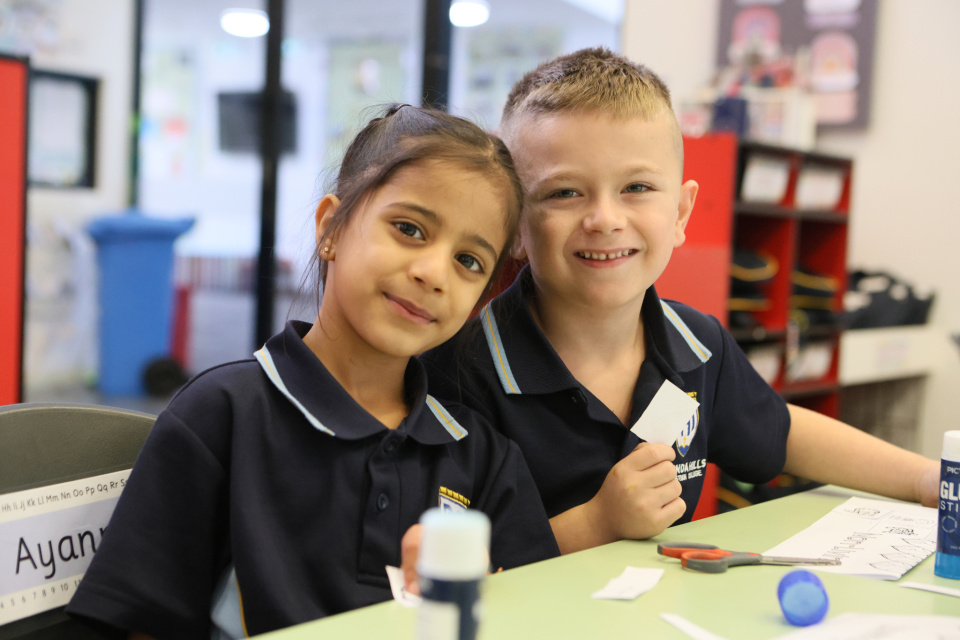
Other Points to Consider
- Readiness for school or kindergarten is about having the maturity to make the most of these early years.
- Being legally old enough to start school does not mean the child will be ready and does not mean that the child must start school at that time. A child's maturity is much more important than their age when considering school readiness.
- Don’t assume children will magically ‘catch up’ once they start school. In the majority of cases, they don’t, and in fact, the problems in maturity usually become more pronounced.
- Don’t send a child to school already thinking they can repeat prep if they have to. We want the first year of school to be exciting and successful, and not just one where the child attempts to ‘cope’ and then has to do it all again.
- Young boys, according to some research, may benefit from having an additional year to mature before commencement. Multiple births or children born significantly premature may also benefit.
- There is no detrimental impact of giving a child an additional year of kindergarten, in fact, there can be many benefits to starting school a year later.
How to prepare your child for starting school
Just like every other change and transition in your child's life, there are ways that you can make it easier for the whole family to start at school.
Recognise the change
It is important to recognise and normalise your feelings and your child’s in the lead up to starting school. It’s okay for children (and parents) to feel nervous, unsure or confused. Make sure to focus on the positives of school like learning new things and making friends.
Support social and emotional development
Emotionally intelligent children can self-regulate and more easily build other important skills. You can support your child’s emotional development by helping them to recognise the emotions they’re feeling and deal with them in appropriate ways.
Practise listening and attention skills
Language, communication, and attention are vital to success, both in school and elsewhere. Help your child to improve these skills by practising multi-step directions (eg. Put your books away, get your hat and line up at the door), focusing on a task for gradually longer periods, and encouraging them to ask and answer questions.
If your family normally speaks another language at home, practise speaking in English often so they can get used to it.
Encourage confidence and independence
Letting your child do things for themselves and teaching them responsibility will give them confidence in their abilities and reduce anxieties they may be feeling about starting school. To help develop their independence you can practise school-related tasks at home such as toileting, unpacking their lunch, putting on shoes and recognising their name on labels.
Build a love of learning
Read with your child regularly. Books are a fun and engaging way to develop vocabulary, knowledge, creativity, concentration, empathy and imagination. Try to include a wide variety of subjects, genres and media to help broaden their interests.
Numeracy skills can be developed by counting, sorting items into larger or smaller, measuring ingredients, or dividing food into equal shares. Encourage your child to notice the numbers around them when visiting the shops or playground.
Establish a routine
Consistency builds confidence and children feel secure when they know what to expect. Routines can take weeks to settle into, so consider starting a school morning routine at least two weeks before school starts.
Start your new morning routine by getting up, having breakfast and brushing teeth at the same time each morning. This will also help you to get an idea of how long it will take them to get ready for school each morning. You can also use this time in the morning to start showing your child how to dress themselves and pack their bag.
An after school routine is also important. Show your child how to unpack their bag after school and consider introducing some simple variation of homework, like reading, spelling or drawing, to help your child get into the mindset of doing homework.
Other ways to prepare
- Read books that associate positive feelings about school.
- Talk with friends and family members who are enjoying school.
- Speak to your child's kindergarten teacher about what areas you can help improve at home.
- Attend school orientations and information sessions.
- Try limiting screen time and encouraging outdoor play, creativity and imagination.
- Encourage your child to have a few jobs to do around the house to give them a sense of responsibility and accomplishment.
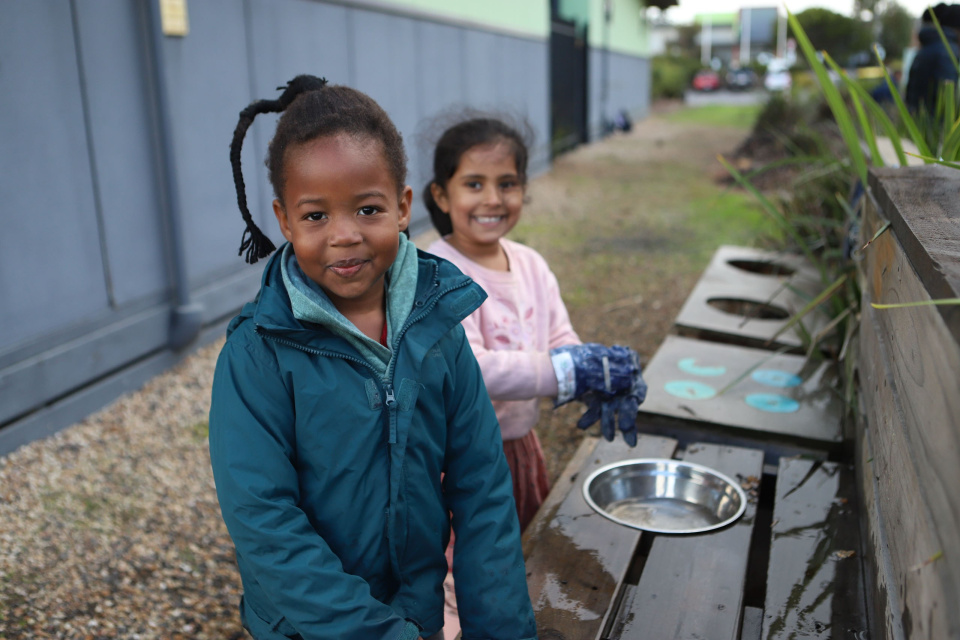
Discover the heart of Mernda Hills Christian College: Where community, care, and education thrive
At Mernda Hills, we're more than just a school; we're a vibrant and nurturing community that's passionate about our students' growth and success.
Hear from our Principal, Kristin Forbes, as well as our dedicated teachers, heads of staff, and some of our amazing students, who explain what makes Mernda Hills so special.
